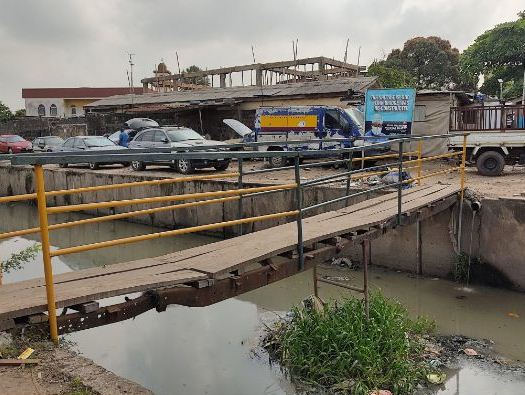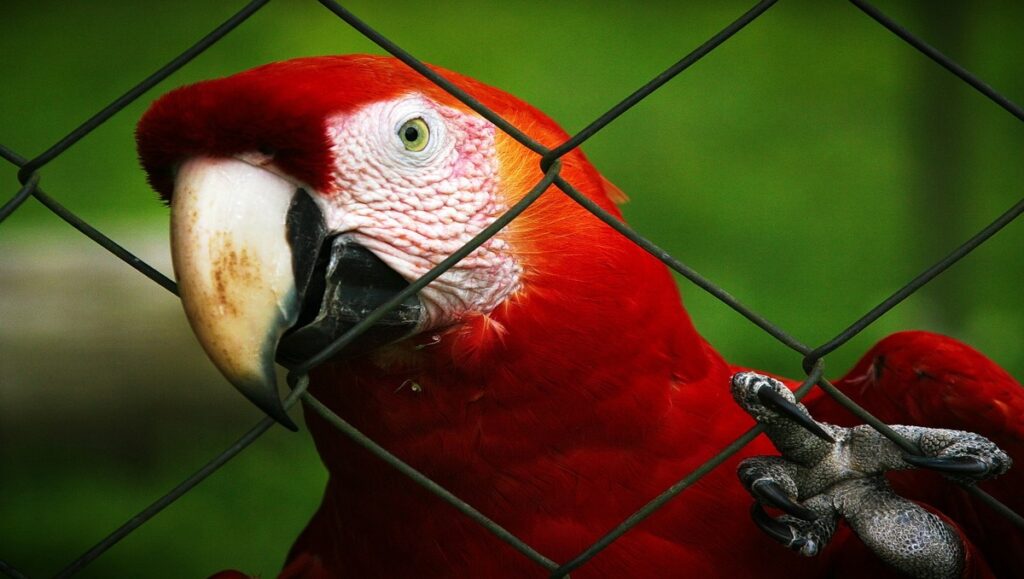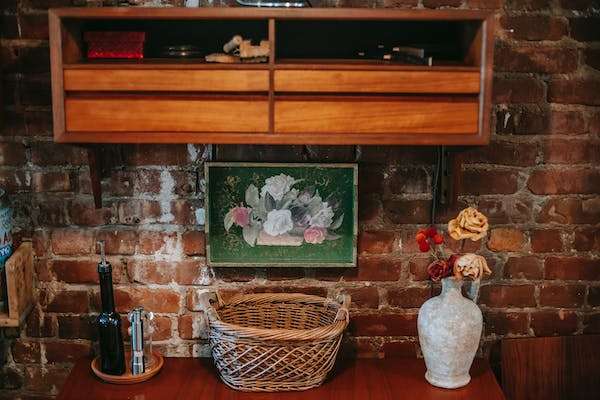But before you ask, “How did we get here?”—a question we’ve heard too many times—the real question should be, Why did we allow ourselves to become puppets in a performance we never wrote? Let me explain what I mean when I say Nigerians have been systematically caged.
There’s a saying that compares people to a parrot in a cage. Just as a parrot sings sweetly to its owner when it’s well-fed and looked after, many Nigerians shower leaders with praise when their palms and lips are greased. But this praise is not rooted in genuine belief; it’s born from survival and dependence.
The parrot’s song, like public loyalty, is easily bought with immediate rewards. It’s a reflection of how the promise of food, money, or resources can shift public opinion in favor of those in power.
This didn’t happen by chance or overnight. It’s part of a deliberate strategy, a carefully constructed plan where politicians have mastered the art of keeping that beautiful parrot caged, trapped, distracted, and reliant on them, while they flourish off the nation’s wealth.
By now you should know the beautiful parrot.
Before we dive deeper into this political cage match, let’s talk about something Nigerians know all too well: jollof rice—the undisputed national treasure that miraculously appears every election season. The strategy? Simple.
Politicians have mastered the art of throwing just enough jollof, wrapper, and beer our way to keep us happy and distracted. Let’s break it down:
- Women get a nice wax print wrapper, maybe with the politician’s face on it- who doesn’t want to drape themselves in corruption while shaking their buttocks at women wing parties?
- Men receive beer, kai kai, and a party shirt. And let’s be honest, with a bit of alcohol in the system, it’s easier to lift the politician up and shout, “Gbosa gbosa!” as though we’re celebrating the victory of a wrestling champion.
- Sprinkle some asphalt that looks like coal tar on the road. Everyone goes wild, as if the politician has constructed a 5-star highway never seen in the history of the world.
- Build a wooden bridge or dig one toilet. The people start to sing praises as they promptly proceed to poop out all the jollof they’ve eaten. The cycle continues.

You see, politicians have understood that you don’t need to fix the system, no! Just give a little now and then, and the people will sing your praises. “Ah, he’s a good man,” they’ll say. “At least he gave us something.” The bar is so low, it’s practically underground.
This, my dear friends, is strategic caging.
Nigerians Can’t Fight Back—And It’s Not Their Fault
Every now and then, you’ll hear someone on social media saying, “Nigerians are all talk and no action.” They claim that we’ve become docile, resigned to our fate and dance through hardship. But the truth is, Nigerians can’t fight back. Not because we don’t want to, but because we’ve been systematically weakened over the years. Think of it as psychological warfare. The politicians have mastered this game so well, it’s become an art form.
Let’s look it this way
The government knows that once the people are preoccupied with daily survival, they won’t have time to demand accountability. It’s hard to protest when your primary concern is how to stretch a bag of rice for a month, isn’t it? Politicians have built a system where the masses are too busy trying to survive to fight for their rights.
In other countries, leaders focus on empowering their people. In Nigeria, however, politicians focus on keeping the people dependent, desperate, and divided.
When Politics Becomes a Career Move
Let’s shift gears for a moment. I recently met a guy who visited from Nigeria, and when I asked him what he did for a living, he proudly said, “I am a politician.” Just like that. No shame, no hesitation. Politician, as if it were a job title like doctor or engineer. The audacity, right?
This is the caliber of people who are steering the ship in Nigeria. People who view politics not as a call to serve but as a career move—an opportunity to enrich themselves at the expense of the nation. And the sad part is, they often have absolutely nothing to offer. They don’t come with ideas, policies, or plans to move the country forward. No! They come with a big appetite and an empty sack to fill.
While UAE Built Skyscrapers, We Built Private Jets, Mansions, and Poverty
Look at a country like the United Arab Emirates (UAE). They also discovered oil around the same time as Nigeria. What did they do? They invested in infrastructure, tourism, technology, and education. Today, Dubai is a global hub—a futuristic city that attracts millions of tourists and investors from all over the world. Meanwhile, in Nigeria, we spent decades squandering our oil wealth on private jets, mansions in London, and secret bank accounts.
When you see politicians flaunting their wealth, you can bet that a chunk of it is sitting comfortably in Dubai, while their communities back home in Nigeria remain undeveloped, neglected, and poor. And what do we do as citizens- the beautiful parrots? We celebrate them. We sing for them in the midst of our hardship. We make them knights, elders, and chiefs in our communities. We give them titles and seats of honor, as though they were kings.
In Nigeria, if you steal and get away with it, people will praise you.
“Sharp man!,” they’ll say. But if you go into government and refuse to steal, you’ll be called a fool. “Mumu man. He didn’t do anything when he was there. If na me…”
And this is the mentality that keeps the system going—the mentality that rewards theft and punishes integrity. We embrace the ones who stole from us and mock the ones who tried to change things for the better.
Can We Escape the Cage?
Now, I know what you’re thinking. Is there any hope? Can we ever escape this political cage we’ve been put in? The answer isn’t simple, but it starts with us.
First, we need to stop allowing politicians to buy our loyalty with cheap gifts. Your vote shouldn’t be sold for a bag of rice or a wrapper. Your future is worth far more than a bowl of jollof rice or a bottle of beer. Second, we need to hold our leaders accountable. No more celebrating half-baked projects or applauding politicians for doing the bare minimum. Demand more. Expect more.
Lastly, we need to change the way we think about leadership. Politics is not a career. It’s not an avenue for personal gain. It’s about service, about making life better for everyone, not just a select few. We need to start electing people who actually want to lead, not those who just want to fill their pockets.
The Hard Truth
The hard truth is this: Nigeria’s current predicament is no accident. It’s a carefully orchestrated game where the politicians win, and the people lose. Every time. But it doesn’t have to stay this way. Change starts with understanding the game and refusing to play by their rules. We may be in a cage, but it’s up to us to find the key and break free.
Until then, the jollof politics will continue, and the cycle of hardship, in the land of plenty, will roll on.
Follow us on Facebook and Instagram for the latest updates and exclusive content! Join our community now!



